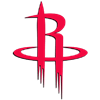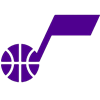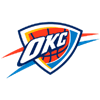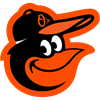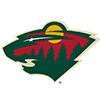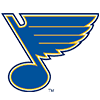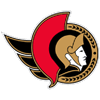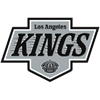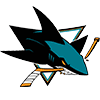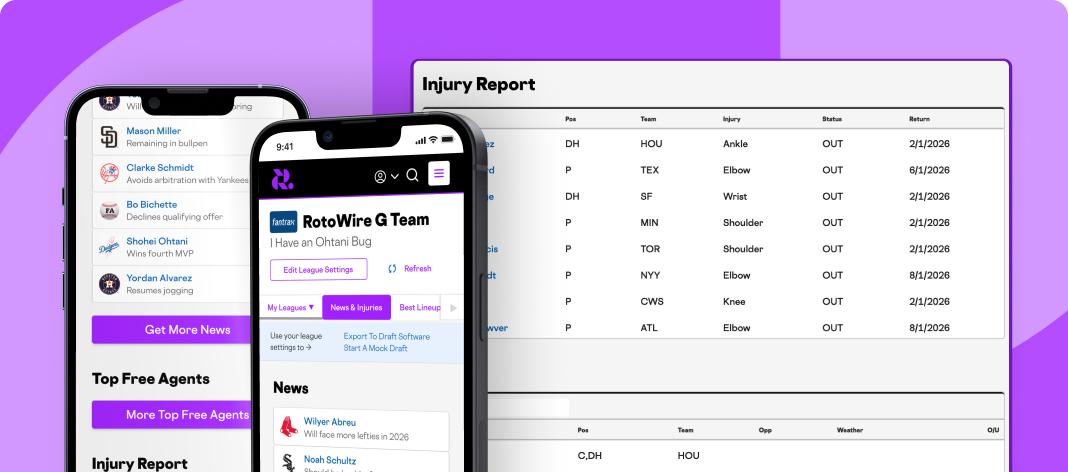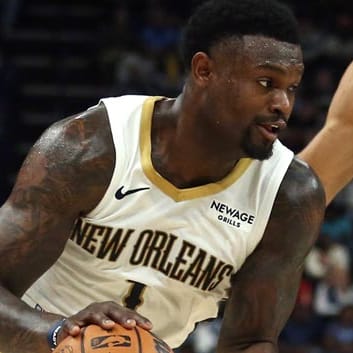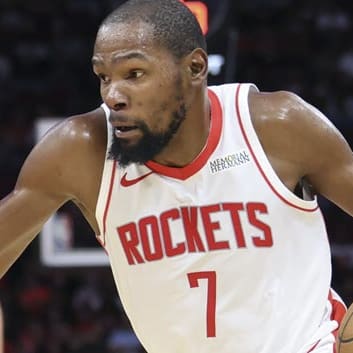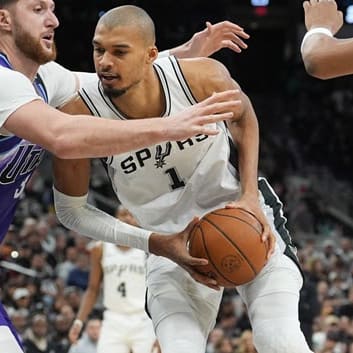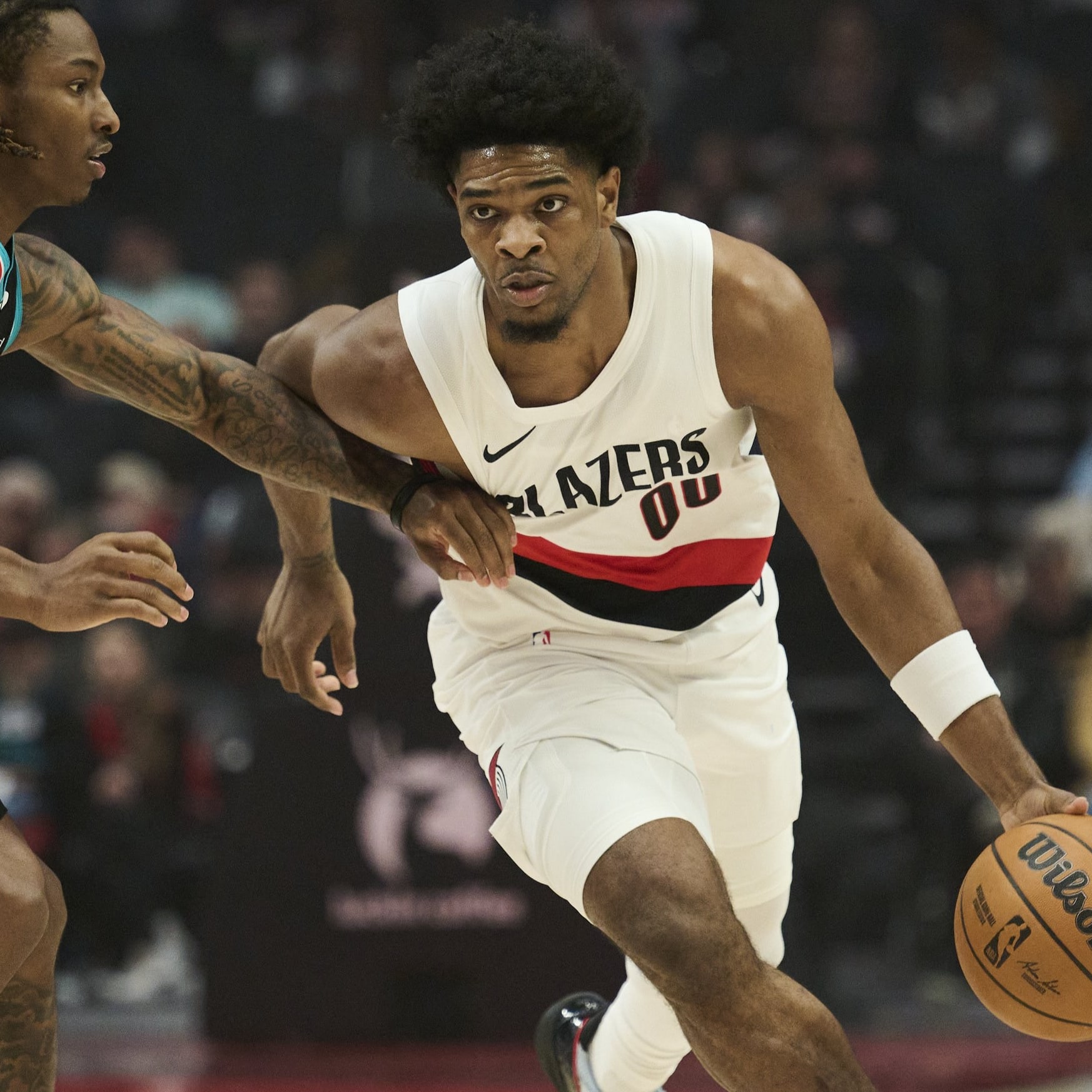The basketball season is around the corner. What better way to kick things off with a list of 10 Basic Strategy Tips to help you win your season? Let's get right to it:
1. Know Your League
There are two parts to knowing your league: know your league settings, and know your league-mates. Studying your league settings is the most important piece of draft preparation you can do. Learning more about your league-mates makes the game more fun, competitive, and enables maximum intraleague banter.
Fantasy basketball is a game. Just like every other game, it has rules. And just like every other game, it's basically impossible to win without knowing those rules. And not every league has the same set of rules. Every setting increases the value of some players, while decreasing the value of others.
For example, Russell Westbrook is more valuable in a league that doesn't count turnovers, while Kawhi Leonard is more valuable in a league that does. Head-to-head leagues require a different approach from roto leagues. Other settings to look out for include: the presence or absence of an IR spot, the rigidity or flexibility of the positional requirements, and whether your league uses any non-traditional categories.
Knowing your league-mates is less important, but more fun. The more you know about their rooting preferences, the better. If your league has a few Trail Blazers fans, assume they're high on Damian Lillard and Jusuf Nurkic. If you can draft someone else's favorite player, you might be able to extract an unusually high trade value for him. Knowing your league-mates can lead to strategic advantages all season long.
2. Commit
Fantasy champions are oftentimes the most active managers. Being active isn't the only key to winning, but it's hard to win if you are inactive. Commit to keeping your lineups up to date, checking waivers, responding to trades, and hopefully proposing a few trades of your own. The more engaged you get, the more fun you have, and the better your team will be.
3. Draft Prep – Make Tiers
One of the best ways to prepare for a draft is to create your own tiered rankings. Going through the process of creating your tiers will help you develop familiarity with players throughout the draft board, and on a deeper level than you're likely to obtain by only reading articles and listening to podcasts.
When draft day comes, a tiered list of rankings can be more useful than a traditional "big board", especially in leagues with strict positional settings. For example, say you still don't have a big man in the fourth round but are considering reaching a little for a high-upside wing. If there are a few bigs left on your current tier, then go for it. On the other hand, if there is only one big man left before a significant drop in talent, then you should probably grab him.
Worst case scenario, find someone else's tiered rankings and bring those to your draft.
You can find my tiers on Yahoo! Fantasy, and you can find RotoWire's here.
4. Draft Day – Don't Outsmart Yourself
Never conduct a draft based solely on your host site's default ranking – just ask anyone who has ever had to autodraft a team. But at the same time, remember that those default ranks were made by people who play fantasy sports for a living. Feel free to pass on a highly ranked player, or reach a dozen-ish spots for a guy you really like. Individual experts, as well as the fantasy community as a whole, pick players wrong all the time.
But if a player is ranked outside the top 100, don't pick him in the top 50. It's OK to fall in love with Rookie X even though everyone else is saying Player Y will start ahead of him. Pass on Player Y, and draft Rookie X later on, but don't pick Rookie X while Player Y is still available. I get paid to do this, but I still ruin teams whenever I think I outsmarted everyone. It's OK to reach for players you want, just be careful not to overdo it.
5. Don't Get Cute – Start Your Studs
You drafted Paul George with your second pick, but tonight he's going to be guarded by Kawhi "they keep pretending he's not a robot from the future" Leonard – oh no! What do you do?
You start Paul George.
Always start your best players. Always. Every time. If they are healthy and active, they are in your lineup. The only exception would be late in the week, in a close, head-to-head matchup when you need to focus on a category in which that the stud-in-question doesn't contribute. That's it. That's the only exception.
6. Be Active on the Waiver Wire – Especially Early
Successful managers have to stay active on the waiver wire. The waiver wire is a crucial means of upgrading talent, and it is also the mechanism for offloading players who are not contributing. It's always important, but it's especially important early in the season.
Every year, a lot of eventual top-100 guys are available on waivers early in the season. Most years, several top-50 guys are picked up for free, too. It's nearly impossible to win if you miss out on all that action.
While many of best waiver values get picked up in the first month or so of the season, great pickups emerge all year long. In 2016-17, some managers dropped Nikola Jokic after a disappointing start – but those who were attentive to the waiver wire when he began starting in mid-December got the best value of the season. Jordan Crawford hadn't played an NBA game in nearly three years before March 6, 2017, but he immediately found his way onto fantasy rosters as a source of points, threes, and assists accompanied by a good field goal percentage.
7. Check the Box Scores
A surefire way to keep your team active is to check the box scores each day. Staying on top of the box scores will help you notice trends as soon as they develop. Early in the season, there are sure to be surprises as each team's rotation settles – especially for the bad teams. As the season rolls along, some backups will earn bigger roles, and every trade or injury opens opportunities for someone else. Spotting these trends and acting upon them quickly gives managers a huge advantage.
8. Make Trades
Trading is the most misunderstood feature of Monopoly and fantasy sports. For example, let's say two Monopoly players are negotiating a trade that would result in both completing a set of properties. If the proposal is a 1-for-1 deal, shouldn't the player receiving the less-expensive property resist? NO! WRONG! FAKE NEWS!
While one player may get the better end of that particular deal, both players improve with regard to the non-participants. Both players end the trade better off than had they not traded. The same concept applies to fantasy sports.
Managers always worry about "losing" a trade. The losing side of a trade is usually the eight (or 10, or 12, or whatever) teams not involved. If your team gets better – and "better" means something different for every manager and every potential deal – do the trade. Even if you think the other manager got better-er.
Also, trades are fun. Fun is good.
9. Love February
February is a busy month for the NBA. The biggest event on the fantasy calendar is the league's trade deadline, which comes only a couple weeks before most fantasy trading deadlines. In 2016-17, 15 trades took place in the three weeks before the deadline, and most impacted the fantasy values of several players.
February is also frequently a time for big rotation changes, whether the consequence of trade, injuries, or a "strategic pivot" to focus on the future. Last season, the Suns benched almost everyone old enough to rent a car after the All-Star break – by April, only two rotation players were over 24 years old. These I swear we're not tanking *wink wink* rotation decisions create massive swings in fantasy
After the All-Star break, seven of those baby Suns were top-130 players, after only two of them were top-130 before the break. After October, February is the most important month of the fantasy season.
10. Have Fun
This isn't bloodsport. We play because we enjoy the game.
Bonus Fun List -- Extra pointers for maximum fun:
- Use a bizarre, meaningless, unpredictable method to determine draft pick order
- Own a player from your favorite team
- Don't own a player you hate, or from a team you hate
- Engage your friends in endless discussions about waivers and start/sit possibilities
- Make a league Power Rankings and post it on the message board
- Make trades
- Establish a league championship trophy
- Establish some form of punishment for the league loser
- Read all my articles and share them with your friends and loved ones
- Win





